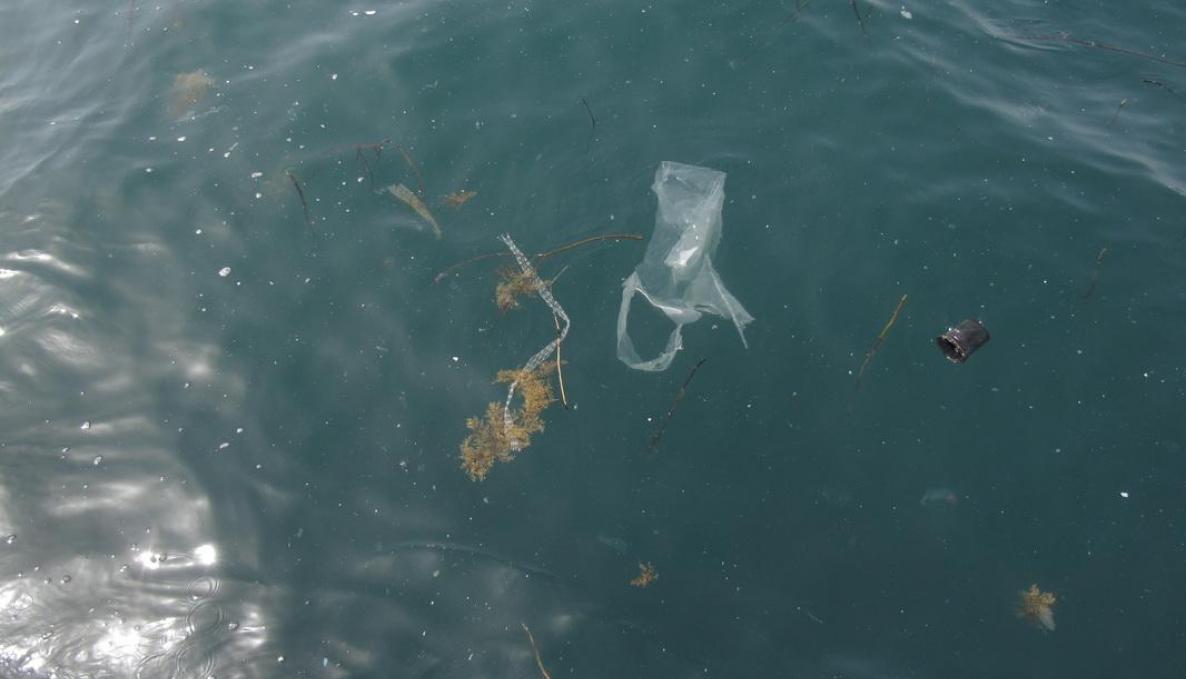Measures to preserve the ecosystem of the Marine Protected Areas of the Mediterranean: Sant’Anna School Institute of Management participates in ACT4LITTER project funded by the EU Interreg Mediterranean Programme

ACT4LITTER project's main goal is to protect biodiversity of the Marine Protected Areas of the Mediterranean (MPAs), to improve marine litter management and to develop waste reduction measures. Sant’Anna School Institute of Management is one of the key partners in the project started in June 2017.
ACT4LITTER is an 18-month-long project funded by the EU Interreg Mediterranean and implemented by the Catalan Waste Agency – Regional Activity Center for Sustainable Consumption and Production (Lead Partner), Sant’Anna School of Advanced Studies, MedPAN – Network of Marine Protected Area Managers in the Mediterranean and MIO ECSDE ong- Mediterranean Information Office for Environment, Culture and Sustainable Development.
The ACT4LITTER research will identify concrete, feasible measures to protect the ecosystem of the protected areas of the Mediterranean against marine waste. A list of measures aiming to tackle marine litter has been developed and will be shared with MPAs managers and marine litter experts in order to be reviewed and validated. This methodological approach aims to strengthen relations between the Mediterranean MPAs for better collaboration and develop a common decision-making tool. The ultimate goal is to develop exclusive action plans for 10 MPAs. The priority of these action plans will focus on sustainable consumption and production.
The first meeting of the project partners will be held in Barcelona on 2 - 3 October 2017. The ACT4LITTER project report will be presented at conference to be held in Isola (Slovenia) on November 28th, 2017. The findings of the assessment and updated results on waste and plastic input will be presented to stakeholders to build awareness on measures to prevent and reduce the adverse effects of marine litter.
There is increasing public concern over marine litter related to amounts, to the sources of litter, to the changes in their composition and environmental impacts that justify immediate action toward implementing the measures of the Regional Plan that is coordinated at EU level. On June 20-21, the ACT4LITTER project “Steering Committee” discussed the management of marine litter, and set realistic targets and implementation timetables.



